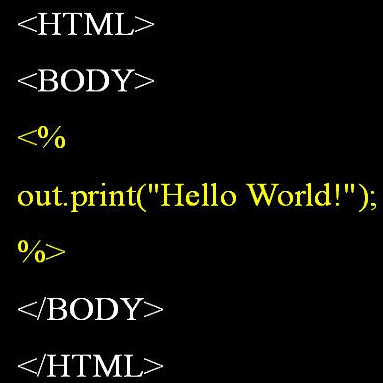Many complex activities of production cycles, such as quality control or fault analysis, require highly experienced specialists to perform various operations on (semi)finished products using different tools. In practical scenarios, the selection of a next operation is complicated, since each expert has only a local view on the total set of operations to be performed. As a result, decisions made by the specialists are suboptimal and might cause significant costs. In this paper, we consider a \emph{Multi-resource Partial-ordering Flexible Job-shop Scheduling} (\jss) problem where partially-ordered sequences of operations must be scheduled on multiple required resources, such as tools and specialists. The resources are flexible and can perform one or more operations depending on their properties. The problem is modeled using Answer Set Programming (ASP) in which the time assignments are efficiently done using Difference Logic. Moreover, we suggest two multi-shot solving strategies aiming at the identification of the time bounds allowing for a solution of the schedule optimization problem. Experiments conducted on a set of instances extracted from a medium-sized semiconductor fault analysis lab indicate that our approach can find schedules for 87 out of 91 considered real-world instances.
翻译:生产周期的许多复杂活动,例如质量控制或故障分析,要求经验丰富的专家使用不同工具对(半)成品进行各种操作。在实际情况下,选择下一个操作十分复杂,因为每位专家只对要完成的成套操作具有当地观点,因此,专家所作的决定不够理想,可能会造成重大费用。在本文件中,我们考虑的是“emph{Multi-resources Part-ordering Factive-orderal-shop Scheduling} (js) 问题,其中部分排序的操作序列必须安排在多种所需资源上,例如工具和专家。资源是灵活的,可以根据其特性进行一项或多项操作。问题采用“答案设置程序”(ASP)的模式,其中使用“差异逻辑”有效完成时间分配。此外,我们建议了两个多点解决方案战略,旨在确定时间界限,以便解决时间表的优化问题。从一个中等规模半导师分析实验室提取的一系列实例,如工具和专家,实验表明我们的方法可以找到87个真实案例的列表。




